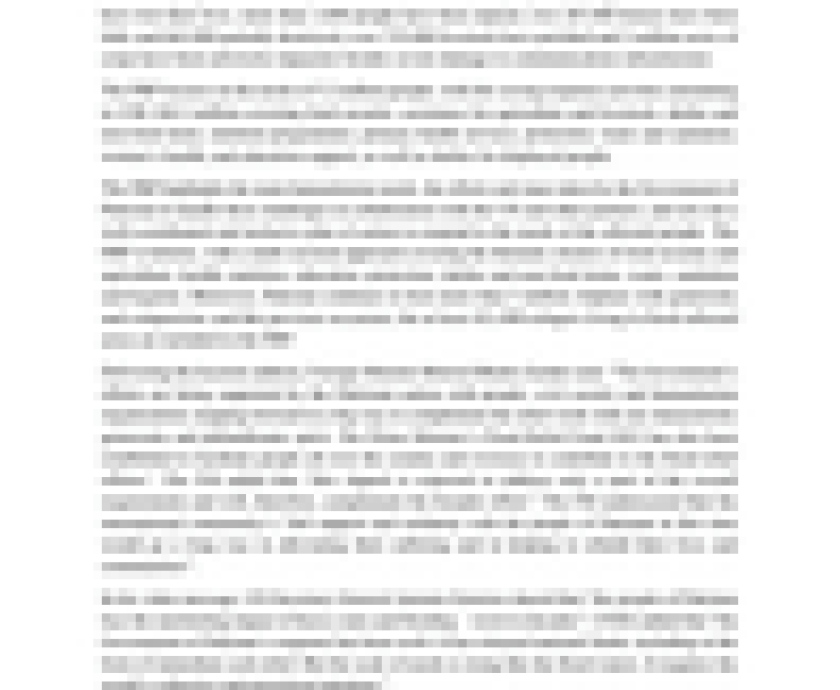Australian SAS search operation in Uruzgan province, Afghanistan, in May 2012. Screenshot from ABC News, Four Corners, March 16, 2020.
Video still of alleged Australian SAS member shooting Afghan man Uruzgan province, Afghanistan, in May 2012. Screenshot from ABC News, Four Corners, March 16, 2020.
(Sydney, March 23, 2020) – Australia’s Defence Department should reexamine previously dismissed cases of alleged summary executions and other war crimes in Afghanistan in light of new evidence, Human Rights Watch said today in a letter to Defence Minister Linda Reynolds. The March 16, 2020 episode of ABC’s Four Corners reported on possible war crimes by Australian Special Air Service Regiment (SAS) members against Afghan civilians and captured combatants in Afghanistan in 2012.
On March 19, the Defence Department announced that it had identified and suspended from duty “Soldier C.,” an SAS member implicated in one of the incidents shown on the Four Corners program, and that the matter had been referred to the Australian Federal Police.
“Justice and accountability for alleged war crimes by Australian special forces members in Afghanistan is long overdue,” said Elaine Pearson, Australia director. “The Defence Department’s decision to suspend one of the soldiers implicated is an important first step, but all those identified in alleged atrocities should be suspended pending further investigations.”
Since 2016, the Office of the Inspector General of the Australian Defence Force, led by New South Wales Judge Paul Brereton, has been investigating 55 cases of alleged war crimes by SAS members in Afghanistan. In the interest of accountability, Defence Minister Reynolds should make a commitment to publicly release the full inspector general’s report as soon as it is completed.
Human Rights Watch urged Reynolds to ensure an independent inquiry into allegations that officials or armed forces personnel may have suppressed evidence of war crimes or other human rights abuses. All legal action against those who reported these incidents, including whistleblowers, lawyers, and journalists acting in the public interest, should be dropped.
“Investigations into alleged war crimes should focus on the people responsible, not those who exposed the atrocities,” Pearson said. “Australia’s reputation as a rights-respecting nation both during peacetime and at war will hinge on how the government addresses the most egregious cases of alleged abuse.”




